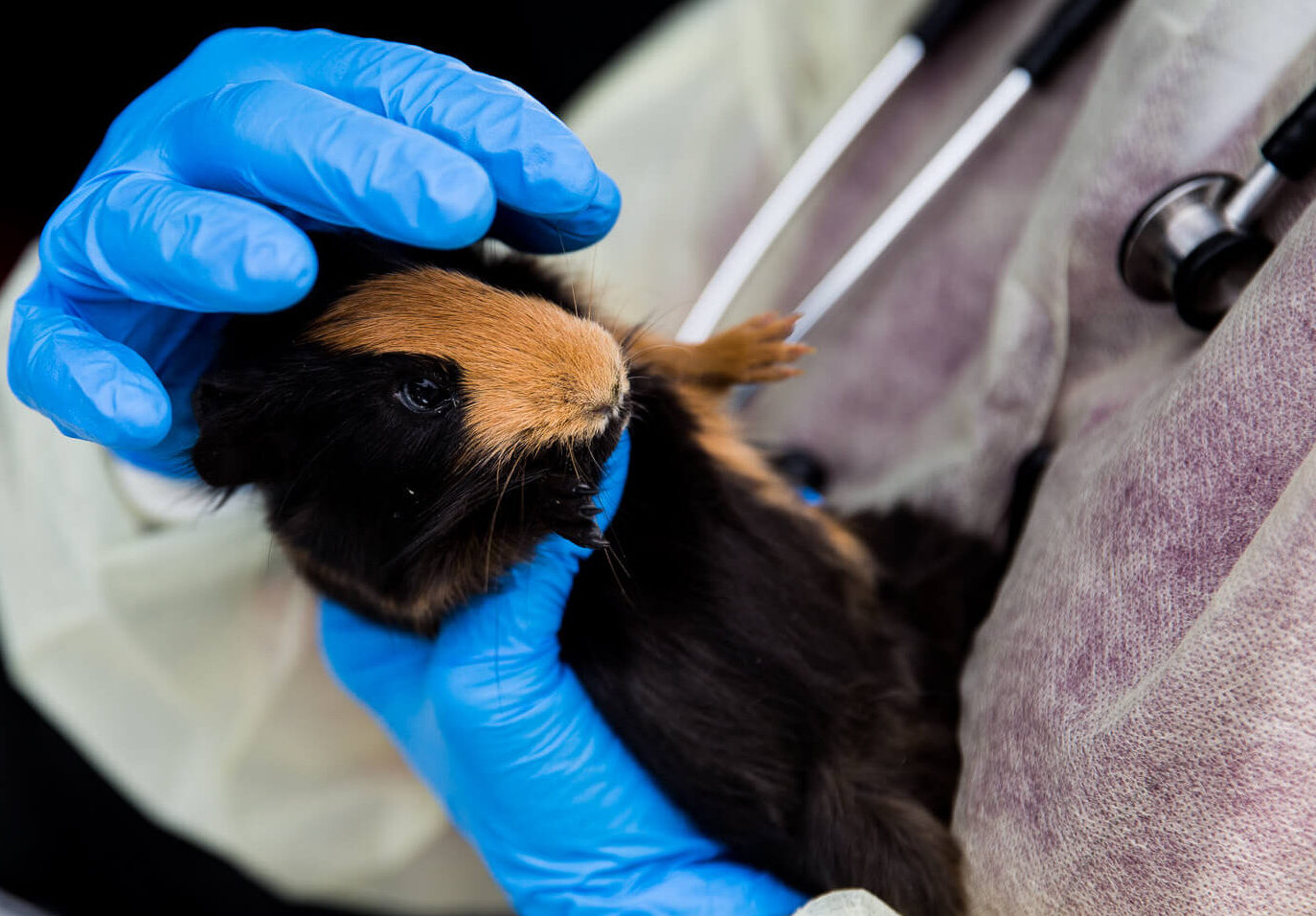How many times have you taken your dog out for a walk with no thought or care to where he is sniffing in the dirt?
There are so many things he is trying to find out about his environment. However, in doing so, he may be putting himself at risk for Leptospirosis.
Leptospirosis is a zoonotic disease and affects many species of animals. This is a bacterial infection that causes kidney and liver damage, high fevers, and other complications.
There have been several cases diagnosed in New Jersey recently, and many of these were in dogs that did nothing more than take a daily walk around the block. One of the ways dogs can contract the disease is by drinking from ponds that rodents have urinated in.
The infection is transmissible to humans and can be spread by contact with the dog’s urine on the skin, via an abrasion. Favorable environmental conditions include wetness, moderate temperatures, and mildly alkaline soil. These conditions occur most commonly in the autumn months.
The organisms are transmitted through the urine. The dog will first become lethargic and depressed, develop a fever, and stop eating. Other problems may occur, such as impairment of blood clotting and generalized pain. After a few days, the kidneys become affected, and the liver may also become damaged.
When a dog is examined and found to have these abnormalities, a blood test can be done to confirm the diagnosis of Leptospirosis. The key to treating this disease is to recognize the signs and administer supportive care and antibiotics. But rather than wait until your dog becomes infected, the best care is prevention in the form of vaccination.
There is a vaccination available for the strains of Leptospirosis that are occurring in this area, and it has been proven to be safe and effective. The vaccination is given once, then a booster is given in 2 to 4 weeks, and then it is repeated annually.
Leptospirosis has been around for a long time. Vaccinations had recently been stopped because the strains in the vaccine did not match the strains of the bacteria in the wild, so it was not protective. However, now that the disease is on the rise, and new vaccines are specific for the particular strains in the wild, there has been an increased number of pets receiving the vaccination.
If you have a dog that goes into the woods and drinks from ponds, or a dog that merely drinks from the puddle in the backyard after a storm, or a dog that goes for his daily walk sniffing and licking every tree, then you have a dog at risk for Leptospirosis. Call for an appointment to have your dog vaccinated today.
Critter Corner
Guinea Pig
This rodent is a very popular pet among children and adults alike. An important thing to remember is that they cannot make their own Vitamin C and you must make sure that you give them Vitamin C in their diet. This can be in the form of various foods such as 1/4 orange, kale or cabbage, or can be in vitamin drops, supplying 50 mg. of Vitamin C per 8 ounces of water daily. Your guinea pig needs Vitamin C to stay healthy and live a long and happy life!


